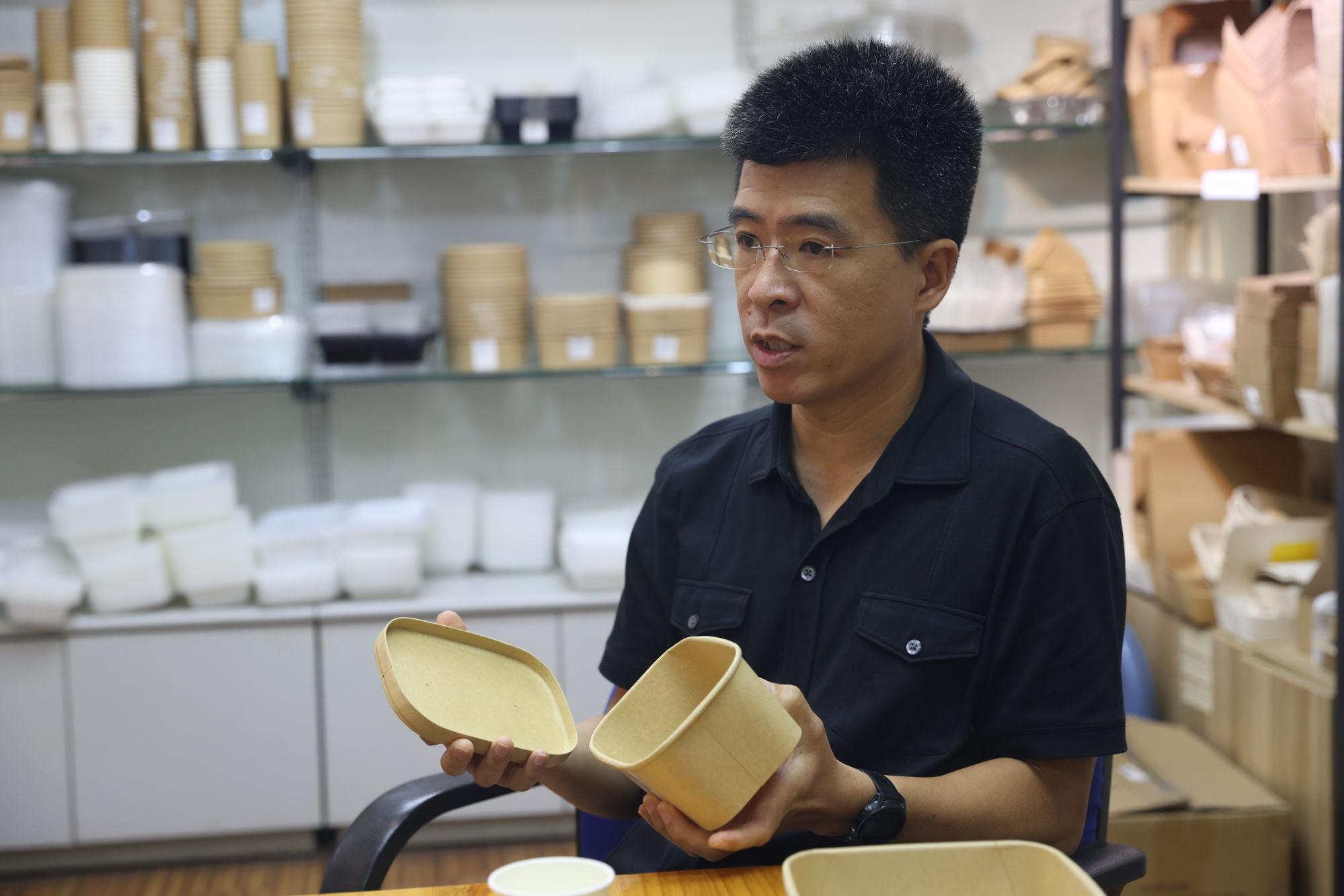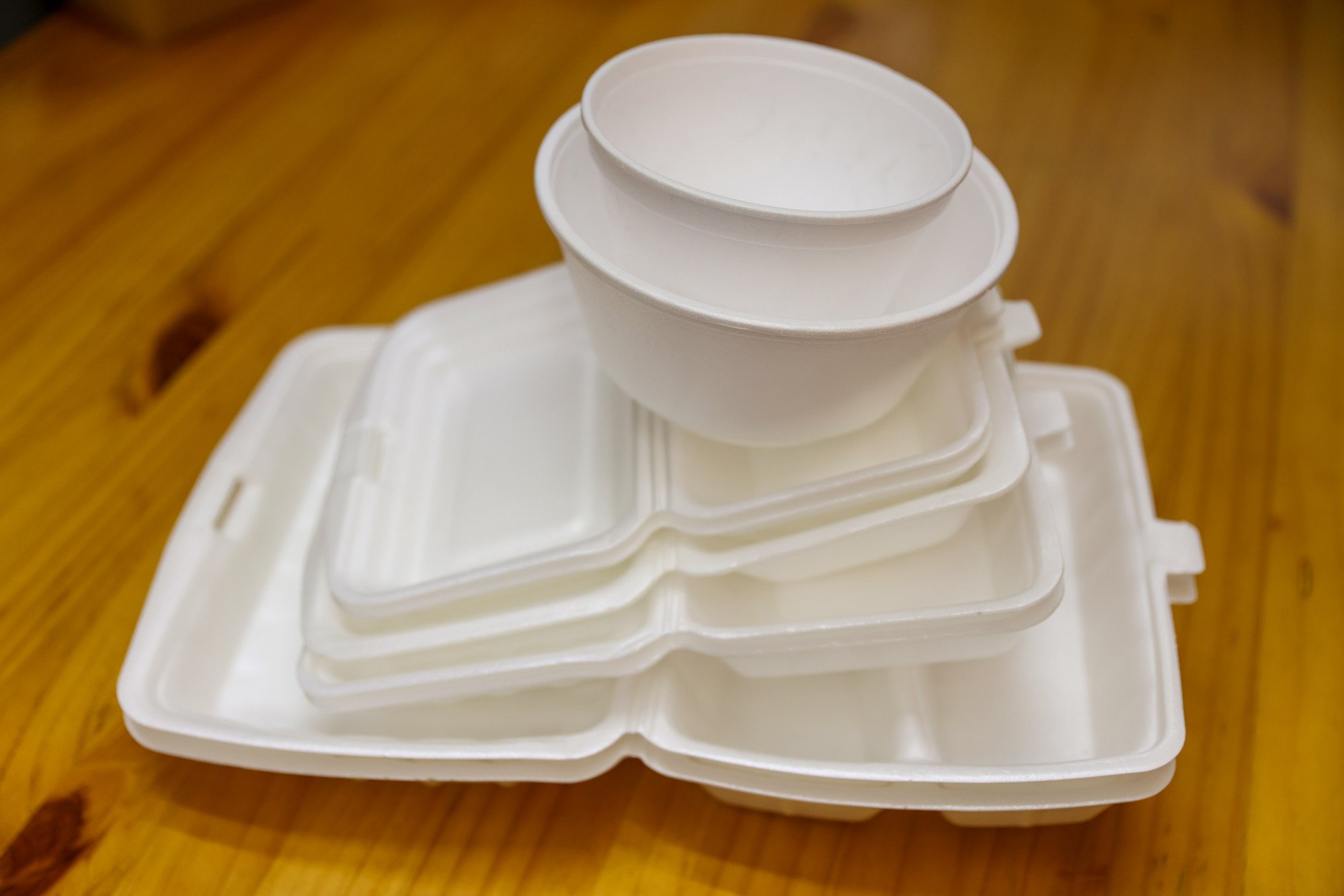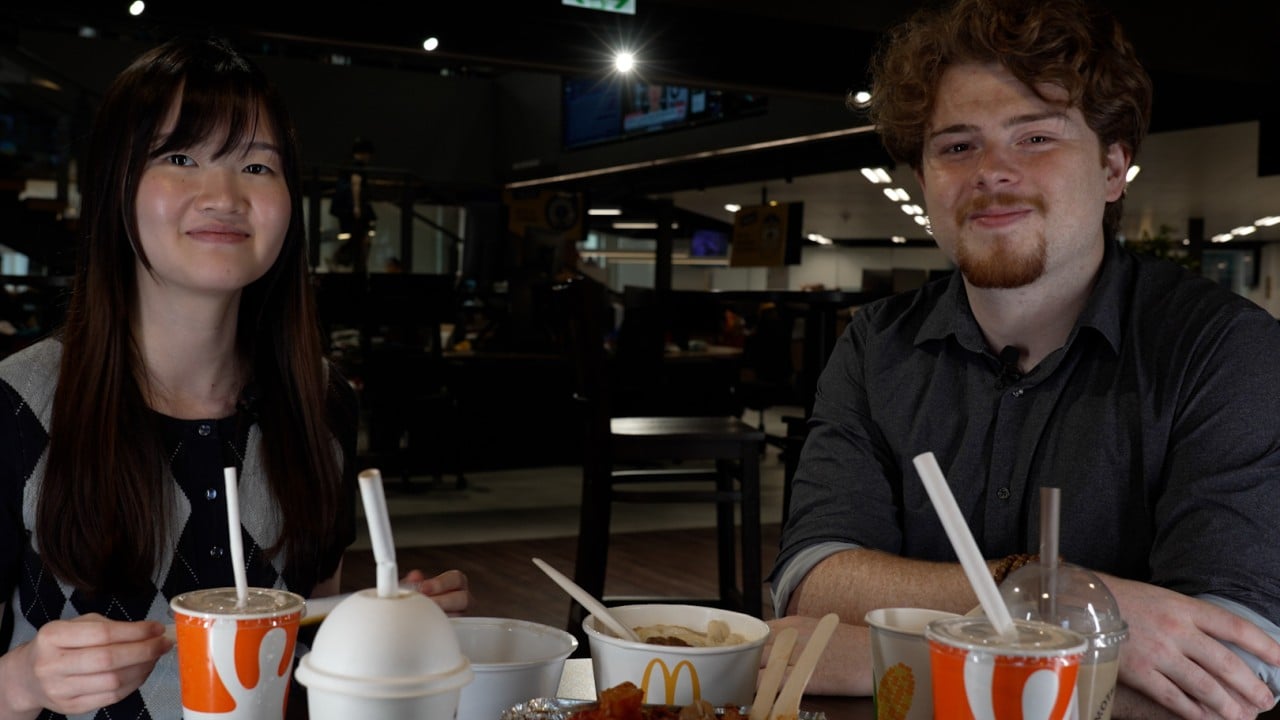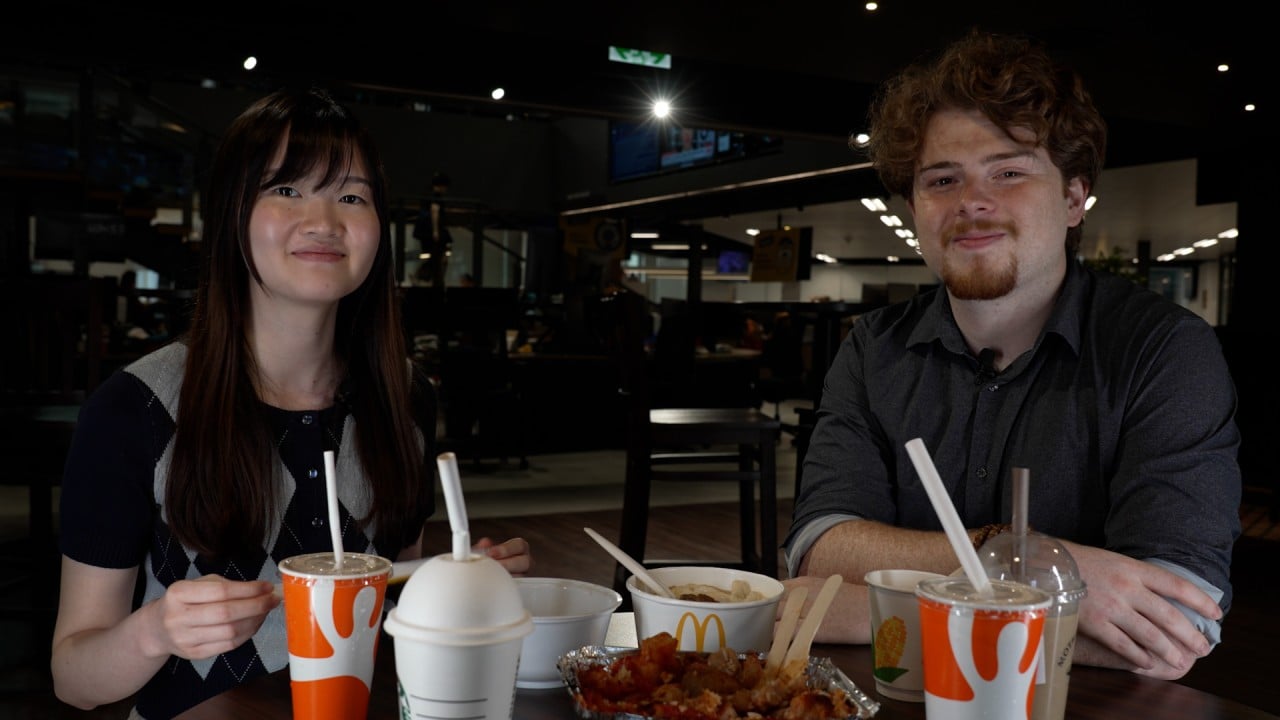Hong Kong styrofoam giant goes from making 10 million boxes a month to eco-friendly utensils after plastics ban
Yee Wah Global has churned out more than a hundred million styrofoam food containers in about 25 years on its journey to become the product’s largest manufacturer in Hong Kong, but a new ban designed to cut down on waste sparked a change of course for the company.
Patrick Leung Hon-kit, the company’s marketing manager, said it wanted to transform the situation into an opportunity by research and investment into alternative tableware.
“The whole world is walking towards reducing the use of styrofoam,” Leung said.
“A candlemaker does not complain that people are using light bulbs instead of candles.
“As long as we are doing business in this place, we have to follow the law.”
The manufacturer’s change of direction was caused by the government’s staged ban on single-use plastics. The first phase came into force on April 22. although a grace period was allowed.
Businesses were banned from the sale or supply of styrofoam and other disposable plastic tableware, such as forks, spoons, plates, knives, straws and stirrers, for dine-in or takeaway use.
Single-use cups, cup lids or food containers are also prohibited for customers who sit in to eat.
The second phase is expected to launch as early as next year and will ban all throwaway plastics at restaurants, including food containers, six-pack yokes for canned drinks, tablecloths, disposable gloves and plastic-stemmed dental floss.
Yee Wah Global started out 60 years ago manufacturing paper bags, then turned plastics. It started to sell single-use utensils in the 1970s.

The company expanded into styrofoam production in 1998 and set up a factory in Guangdong province’s Huizhou in 2012.
The business said it once produced 20,000 batches of styrofoam containers a month, far more than the few thousand produced by its competitors.
But the manufacturer ended styrofoam production at the end of last year in anticipation of the ban.
The company said it expected only 10 per cent of its machinery involved in styrofoam production could be sold on, with the rest likely to be scrapped.
Yee Wah Global said it had expanded operations to include paper containers in 2016 after it spotted a demand in mainland China.
Leung estimated the company had spent between HK$3 million (US$383,900) and HK$4 million on shifting their business focus since that year.
Leung said that complaints that some non-plastic alternatives warped or broke easily could be some suppliers or restaurants may have compromised on quality through the use of cheaper options or a failure to test utensils before they distributed them.
Yee Wah Global’s marketing manager said coming up with viable alternatives involved a long process of trial and error that included testing a variety of non-plastic materials.
Such efforts also involved liaison with manufacturers and suppliers, as well as modification of designs if needed, he added.
The company last year opened a new factory in Jieyang, Guangdong province, that manufactures paper bowls, boxes and cups, with HK$60,000 to HK$80,000 also invested into a new water-based protective lining.
The shift was forced by the government’s plan to ban plastic polyethylene coatings in the policy’s second phase.
Leung said most paper-based containers on the market used such coatings to protect against moisture and oils.
He added that one possible alternative was plant residue-based bagasse, but most versions of the product contained fluorine, which could increase the risk of cancer.
Linings without the chemical would be three times more expensive to make, he said.
Leung added the company had already created paper cups using a new coating and that the specification for bowls and boxes had been adjusted.
He said the company had also taken steps to firm up the lids of paper cups and boxes by making sure their edges were even.
Leung said designing non-plastic tableware also needed to take conditions specific to Hong Kong into account.
“Many paper or bagasse containers originated in Western countries,” he explained.
“It is less common for them to put rice or noodles in oily soup. As a result, those containers perform perfectly when used for Western food, but that is not the case for Asian cuisines.”
He added such tableware needed extra sterilisation before storage to prevent insects or mould caused by the Guangdong area’s areas humid climate.
“If we as Hong Kong companies do not modify our products and upgrade our quality, it is very difficult to compete with other manufacturers on the mainland,” he said.

Leung said the company could potentially lose 30 per cent of its business because of the ban.
“There may be people who stop using throwaway tableware as some restaurants may charge extra for that,” he added.
But Leung said the company would continue to explore methods that lowered production costs for alternatives to plastic.
He said the business had invested HK$50,000 into a research project by a mainland university to develop a formula for making low-cost straws out of rice and would consider creating their own wooden and bamboo products.
“It can be a business opportunity when we can do something that others cannot,” Leung added.



